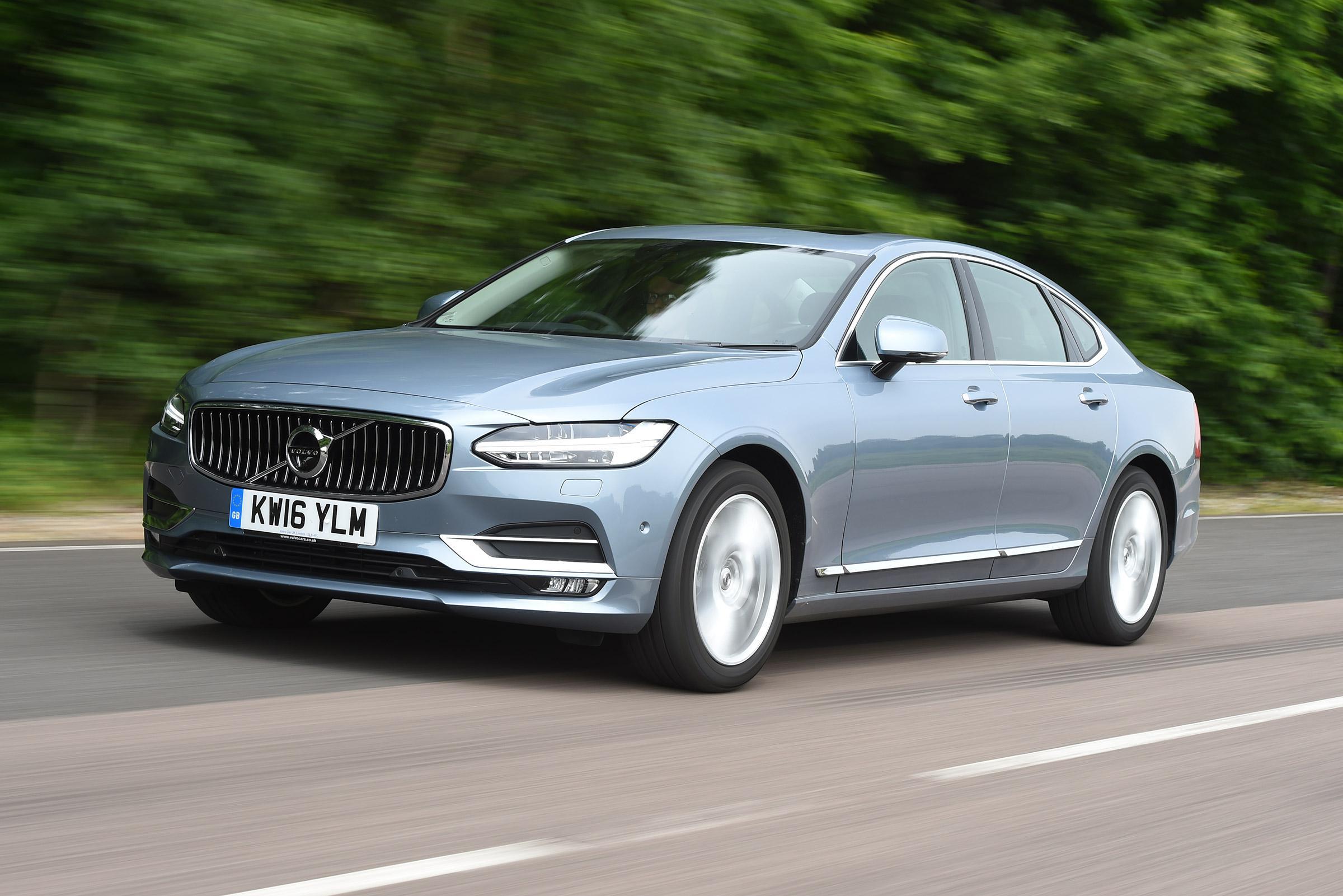
South Korean Cars Rise in Quality Ratings
South Korean Cars Rise in Quality Ratings
For the very first time, Korean-branded vehicles outpaced both European- and domestic-branded vehicles in initial quality, according to the J.D. Power and Associates two thousand four Initial Quality Investigate.
Manufacturers of Korean-branded vehicles, driven by spectacle, have cut initial quality problems by fifty seven percent in the past six years — pulling down from two hundred seventy two problems per one hundred vehicles (PP100) in one thousand nine hundred ninety eight to just one hundred seventeen PP100 in 2004, Power said.
“A decade ago, as Korean manufacturers struggled with a universally poor reputation for vehicle quality, no one would have predicted they could not only keep tempo, but actually pass domestics and other imports in terms of initial quality,” said Joe Ivers, executive director of quality/customer satisfaction at J.D. Power and Associates in a news release. “This demonstrates how vastly more competitive the market has become — which is good news for consumers, who will ultimately benefit.”
The investigate shows, according to Power’s news release, that widespread initial quality improvements have taken hold in the automotive industry, with initial quality problems ripping off eleven percent from 2003.
The industry average stands at one hundred nineteen PP100 — the fewest problems since the probe was redesigned in 1998. Among the one hundred sixty nine models included in both the two thousand three and two thousand four IQS, one hundred twenty nine (76%) have registered an improvement, while thirty five (21%) have declined and five (3%) remain unchanged.
“When we began tracking initial quality more than a dozen years ago, the industry said this level of quality wasn’t possible and that it would cost too much,” said Ivers. “Yet, automakers could not disregard the warranty savings due to quality, as well as the influence quality has on consumer buying decisions. Even at this historically low level of initial quality problems, the ongoing quality improvements of fresh vehicles will proceed to have a significant influence on the industry, affecting as many as one-third of new-vehicle purchases.”
2004 IQS Rankings
Toyota Motor Sales, U.S.A., Inc. proceeds to be the highest-ranking corporation in IQS, with seven models receiving awards — the most of any corporation. is followed in the corporate ranking by American Honda Motor Co. and Hyundai Motor America in a tie, and by BMW of North America, respectively. While General Motors Corporation, DaimlerChrysler and Ford Motor Company proceed to demonstrate product improvement, all three proceed to rank below the industry average.
Lexus set a fresh IQS record with its , which is the best-performing model in the IQS history, scoring just forty four PP100. Lexus remains the top-ranked nameplate, despite a fourteen percent decline in initial quality, with four models receiving awards. Lexus is followed in the nameplate rankings by Cadillac, Jaguar, Honda, and Buick and Mercury in tie, respectively.
Thirty out of thirty seven nameplates have improved IQS scores from 2003. Hyundai, which leaps an incredible sixteen rank positions from 2003, makes the most significant advancement, improving twenty nine percent year-over-year to rank seventh. Inbetween one thousand nine hundred ninety eight and 2004, Hyundai has improved by sixty two percent — more than any other nameplate and almost twice the industry average of thirty two percent.
“The fact that Hyundai is now outperforming even perennial quality leaders like Toyota — and in a relatively brief amount of time — is nothing brief of remarkable considering the vast quality gap it faced just a few years ago,” said Ivers. “This kind of improvement simply cannot be achieved without a serious commitment to quality over the long haul. The question now is whether Hyundai can demonstrate this same level of improvement in terms of new-vehicle launch and long-term vehicle quality.”
Other nameplates reporting significant initial quality improvement in two thousand four include: Honda (23%), HUMMER (23%), Land Rover (22%), Jaguar (20%) and Mercedes-Benz (20%).
Manufacturer Problems/100 vehicles
Toyota Motor Sales U.S.A. Inc. 101
American Honda Motor Co. 102
Hyundai Motor America 102
BMW of North America 116
INDUSTRY AVERAGE 119
General Motors Corp. 120
Subaru of America Inc. 123
Ford Motor Co. 127
Mitsubishi Motors North America 130
Volkswagen of America Inc. 141
Nissan North America 147
American Suzuki Motor Corp. 149
Kia Motors America 153
Porsche Cars North America Inc. 159
Source: J.D. Power Quality Survey
Isuzu Recalls Trooper SUVs
Isuzu is recalling 72,905 Trooper sport-utility vehicles because their accelerators can get stuck for several seconds, Reuters reports, citing the National Highway Traffic Safety Administration.
NHTSA said Troopers from the 1992-1995 model years were affected by the recall.
“The accelerator cable can stick so that the engine speed will not instantaneously decrease upon release of the accelerator pedal,” NHTSA said.
“This can cause the accelerator throttle cable to delay RPM and vehicle speed reduction for several seconds after the accelerator pedal is released, which in turn, can lead to a crash.”
Dealers would fix the problem by substituting the throttle cable rubber boot on the SUVs, Isuzu said.
U.S. Road Fatalities Up a Bit
Deaths from crashes of motorcycles and sport-utility vehicles rose last year, leading to a slight increase in the overall highway fatality count, the Associated Press reported.
Preliminary figures showcase 43,220 people died in two thousand three — the highest number since one thousand nine hundred ninety when 44,529 died in auto accidents and up slightly from the 42,815 deaths in 2002, the National Highway Traffic Safety Administration said.
People drove more total miles last year, so the rate of deaths per miles traveled was about the same.
Motorcycle deaths enhanced 11% to a total of Trio,592, NHTSA said. It was the sixth straight year in which motorcycle deaths have enhanced.
Forty percent of crash deaths — or 17,401 — were alcohol-related, NHTSA said. That was about the same as 2002, when 17,419 people died in alcohol-related crashes.
The NHTSA plans to release final two thousand three fatality figures in August, the story said.
